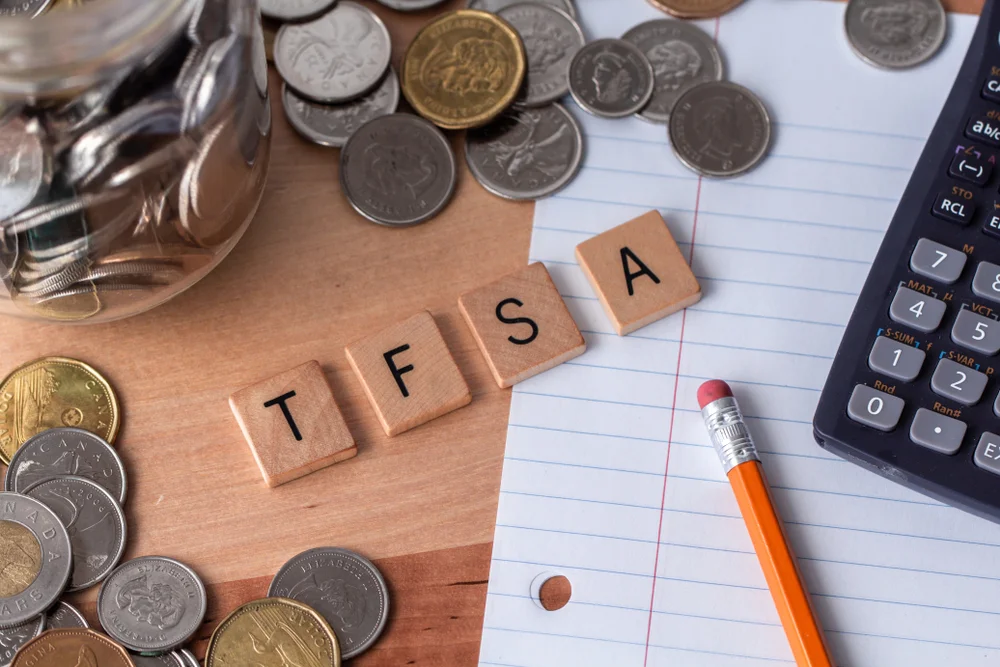The media has promoted the benefits of tax-free savings accounts (TFSAs) – but TFSAs differ, and there are misperceptions about what they offer.
We explore what a TSFA is, whether it may be a good option for you, and how to make the most of this tax-exempt investment.
Tip: If you’re looking for a tax-free investment with highly competitive returns, find out more at JustMoney.
Is a TFSA a savings account?
TFSAs were introduced to help South Africans save and refrain from borrowing – but the product is not an ordinary savings vehicle, despite what its name suggests. Instead, it invests in underlying funds via a variety of investment platforms.
“This product should have been called a tax-free investment account, rather than a savings account,” asserts Gareth Collier, a certified financial planner and director of Crue Invest.
“You can’t treat a TFSA like a savings account, because you’ll be penalised if you withdraw funds.”
In addition, if you withdraw funds during the year, and then replace them, you may over-contribute, as you have a maximum allowance of R36,000 a year – and you can be taxed on this. The total amount you can invest tax-free during your lifetime is R500,000.
“Be ready to invest for the long term when you open a TFSA, and save with the idea of maximising your returns,” says Wessel Brand, portfolio manager at Sygnia Asset Management.
“Stay true to your choice and put aside R36,000 every year until you reach your lifetime limit, then forget about the product until you’re ready to cash out.”
How to choose a TFSA
A tax-free investment vehicle offers benefits, but you must be a diligent saver to reap the rewards. In addition, there are a few factors to consider when choosing a TFSA.
“The product must be right for your unique circumstances and aims, including cost and risk appetite,” Brand points out.
As with most investment products, your age determines the risk you can take.
“Your investment will not grow steadily and will experience many ups and downs over the years.
“The younger you are, the more risk you can take, because your investment horizon is further away and long-term gains will outweigh occasional losses,” Brand explains.
“Older investors can take less risk because they need to protect their investment and cannot afford losses just before retirement.”
Risk is also determined by the different asset classes that underpin a TFSA.
“Different asset classes have different risk levels. Equity funds carry a higher risk and are more suited to younger investors, while balanced funds with a wider asset allocation to the markets carry a lower risk that is better suited to older investors,” Brand says.
Even low-risk TFSAs have a level of market volatility, Brand says.
“Decide on a TFSA that aligns with your ability to ride out the ups and downs of the market. If you are young but easily stressed by unexpected financial changes, a low- to medium-risk TFSA investment may be your best choice.”
Collier notes that the type of TFSA you choose should align with your broader financial goals, as with any investment. A financial adviser can guide you in your choice of TFSA, based on your individual circumstances.
What are the benefits of a TFSA?
Most of the platforms, whether with an asset manager or a bank, have a range of underlying funds you can use within the tax-free investment structure.
However, Brand points out that you don’t need a TFSA to avoid being taxed on any interest earned.
“If you put your money in a money market account, much of that interest tends to be tax-exempt anyway, depending on how much you have saved,” he says.
“It would take you quite some time to build up enough savings in a tax-free account to get to a point where you receive a tax benefit.”
Brand says he views TFSAs as investments that can supplement retirement savings.
“When you’ve used up your retirement fund allocations, a TFSA is a great next-tier product for long-term savings,” he says.
He points out that banks offer TFSAs in the form of money market- or other fixed-interest accounts, but these are not worth your tax-free investment allocation.
“Interest is the only form of growth in an interest-bearing fund, so the money you keep in fixed-interest accounts will stay more or less the same over time, owing to inflation,” he says. “This means your investment won’t grow aggressively.”
Fixed-interest accounts are already tax-exempt according to the South African Revenue Service. The tax-free threshold for interest is up to R23,800 for individuals under the age of 65 and R34,500 for investors over the age of 65.
“Market-growth-related TFSAs are a better choice because they can deliver better returns over the long term,” Brand notes.
What are the costs of a TFSA?
“No matter the level of risk, you should always aim for the lowest possible fees – up to a maximum of 0.5% – unless a specialised index fund underpins your TFSA,” says Brand.
“High fees will eat away at the value of your investment as you will lose the growth you would have earned had the fees stayed in your account.”
“A few years ago, South Africa’s treasury calculated that an investor paying fees of 2.5% instead of 0.5% a year would lose up to 60% of their retirement savings over 40 years!”
Tip: Targeted investments help you meet your short- and long-term savings goals. Find out more at JustMoney.

